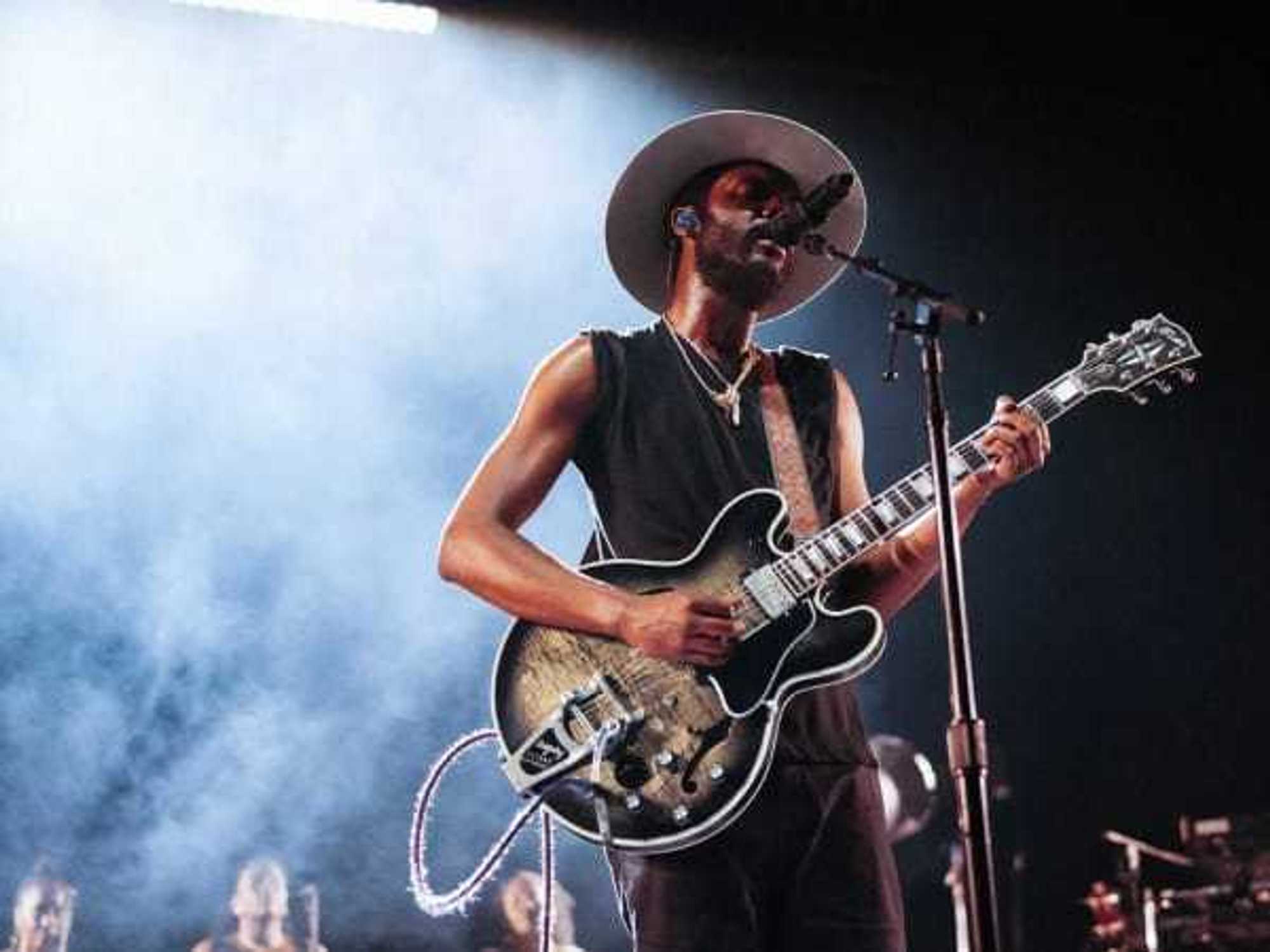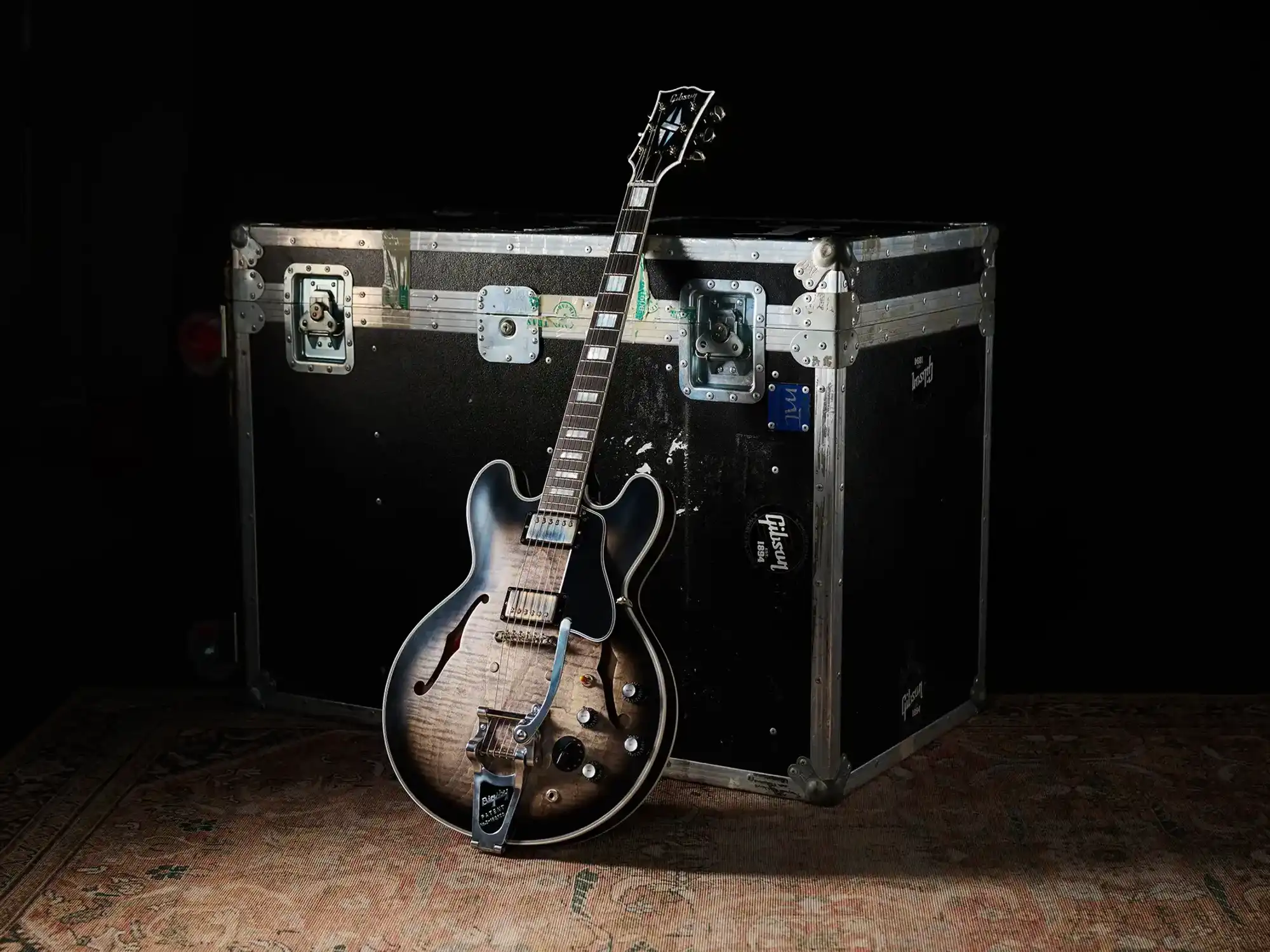Summer Flick
A conversation with What Maisie Knew directors Scott McGehee and David Siegel
Must-see summer film What Maisie Knew captivates you as you watch one precious little girl's world turn upside down during her parents' bitter custody battle turn her world upside down. A contemporary reimagining of Henry James' novel, the story is told through the eyes of Maisie, and will leave you in tears.
The film, which opened in Austin on July 12, stars Julianne Moore, Alexander Skarsgård, Steve Coogan, Joanna Vanderham, and introduces Onata Aprile as Maisie. CultureMap recently sat down with directors Scott McGehee and David Siegel to talk about the film industry, their craft, what they are working on next.
CultureMap: What is the dynamic when co-directing a feature film?
Scott McGehee: We were friends first, and were both looking for the next thing. We didn’t go to film school and figured out our own working process together.
David Siegel: We were very naïve and innocent about the film industry which allowed us to figure things out as we went.
CM: Has living in New York contributed to your success?
SM & DS: For a long time we were in San Francisco prior to moving to New York and both decided that New York was a better place for us to live. The noise that the film industry makes in Los Angeles isn’t the most attractive and we are both really happy in New York.
CM: What are some of the challenges of co-directing and what does it take to keep the peace?
DS: We don’t have to work at keeping it a peaceful atmosphere; it’s all upside in a sense. We rely on each other and think about our creative process together. The benefits far outweigh the drawbacks; but you can’t simply act on your own impulse, but have to work in unison with each other.
SM: It’s very much like a marriage. We have a synergy and senses to the same things, and at this point we’ve internalized a lot of each other’s taste and have taught each other the likes that the other one didn’t like or know about. We think about our joint movement towards something.
CM: What kind of scripts inspires you to want to take them on?
DS: Good ones! We’ve worked much more on our own scripts than on other people's, but look for movies that are emotional in a subtle way without being overly motive. We are story driven guys.
CM: What is the underlining story you feel as director’s you are constantly telling through your movies?
SM: Identity, who we are, how do we know who we are and what makes us the way we are.
DS: Our overall identity in relation to culture.
CM: What was a fun experience while working on What Maisie Knew?
DS: We were attracted to this film with the notion of telling a story from a child’s perspective, and to be able to work with a little person who is that naturally talented. She infused our set with her spirit.
CM: What are some of the processes you go through when preparing to tell a story from a child’s perspective?
SM: We spent some time in first grade classrooms and also met with our production and costume designer along with our cinematographer and talked about the colors of the world and the way the lighting would work and what we wanted to atmosphere of the movie to feel like.
CM: What was the most challenging part of working with a young child?
DS: We initially thought focus would be a problem but it wasn’t at all; but when working with someone who is six, you have to keep the energy up on set. There was one time when filming a very important night shoot she fell asleep and we could not wake her and had to figure out a way to reschedule that shoot. A six-year-old had fallen asleep and it was past her bedtime! She was always prepared and knew her lines and could interact with the adults on set. She was great to work with. The real challenge was the limited number of hours we had to work with her because she was a six-year old.
SM: She was super easy and was in the moment. If she had a lot of dialog you couldn't change the dialog on the spot and expect her to get it like an adult would, she has certain limitations.
CM: What are some of the hurdles you have to face as a director in the film industry?
SM & DS: Poverty, rejection and producers!
DS: It’s hard to find money and that’s the biggest hurdle for directors. There is too much product and not enough places, venue platforms for these things to come commercially viable. We are in a really funny time right now.
CM: Do you see yourself in the TV space?
SM: We are both interested in Television, it's a real interesting medium. And are both committed to working together within this space.
DS: Dramatic TV is what we are interested in.
CM: Would you two consider working with a big picture studio?
SM: We’d both be delighted to work with a bigger studio; one thing we learned through our experience is you have the same goals in mind, so we would have to find a project where our goals and the studio goals are in line. It’s the same thing for working with a producing partner; it’s not just finding somebody to work with, but making sure everybody on board is going in the same direction
CM: What’s next?
DS: We are developing a couple of bio-pictures and continue to read scripts that have been sent to us that are looking for directors.
CM: What is one piece of advice you would tell aspiring directors?
SM & DS: Make stuff! Make whatever you’re capable of making and don’t wait for someone to help you make it.
CM: If you could have one super human power what would it be?
SM: I want to fly!
DS: I would end the world’s dependency to automobile transportation!

 Take a closer look at the aged nickel finish on the pickups that give the brand-new guitar a vintage feel.
Take a closer look at the aged nickel finish on the pickups that give the brand-new guitar a vintage feel.